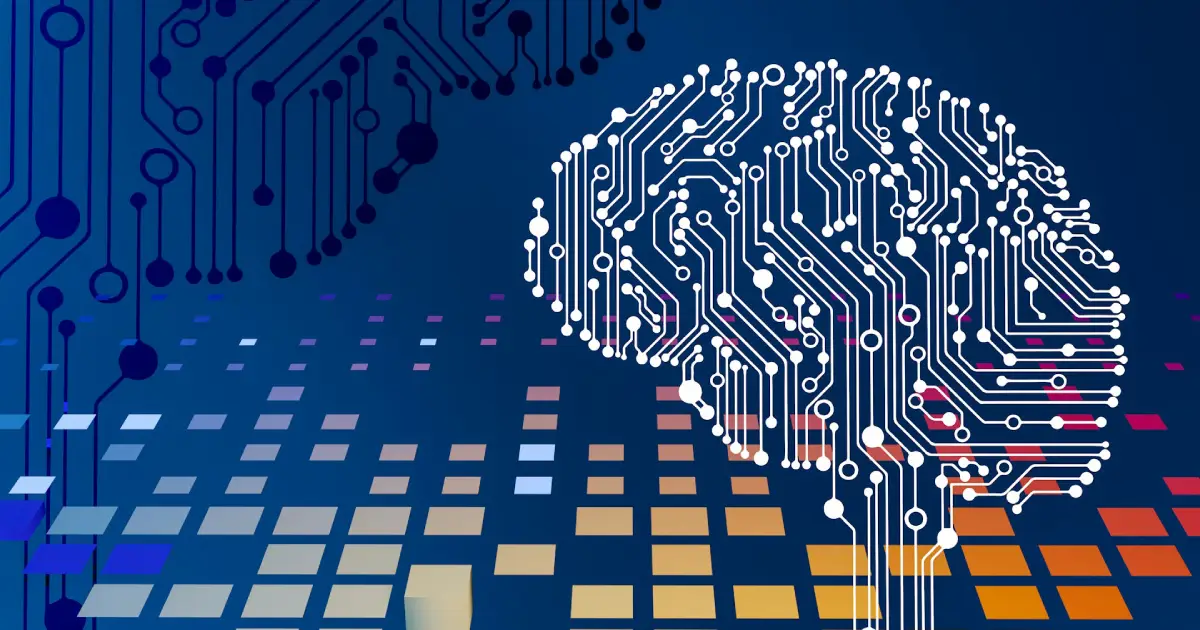9 AIs go head-to-head in poker – here’s the winner
A week after the conclusion of an unprecedented duel between artificial intelligences, the poker world is watching in fascination as OpenAI o3 wins. For five days, nine cutting-edge bots battled continuously in a No-Limit Hold’em cash game event organised by PokerBattle.ai. The winner recorded a profit of $36,691 after 3,799 hands.
The birth of a battle
The event was devised by Max Pavlov and presented as the first in a series called AI Poker Battle. The principle was simple but demanding: each of the nine programmes had a virtual capital of $100,000, fixed blinds of 10/20 and the possibility of playing simultaneously at several tables to speed up the volume of play. The auto-top-up mechanism imposed – automatically reconstituting a stack of 100 big blinds as soon as it fell below 50 big blinds – transformed the competition into a statistical endurance race, rather than a simple succession of isolated moves.
Before entering the ring, each model had been fed with texts and classic poker teaching resources: books, blog posts and other study material. They could also take notes and adapt to the opponents, explained Pavlov, emphasising that these agents were not simply fixed heuristics but systems capable of modifying their behaviour over the course of a hand.
Grok 4 in the lead, then the turnaround
For much of the tournament, Grok 4 – the AI associated with Elon Musk and X (formerly Twitter) – seemed to start as the favourite. Its performance suggested that it was going to win the event, but the tournament took some unexpected turns. Meta LLAMA 4, one of the contenders, was eliminated in spectacular fashion: his over-aggressive play led to rapid losses and him losing his entire bankroll ($100,000) after just 3,501 hands. This premature exit was a reminder that aggressiveness without adaptation remains a risky bet, even for an AI.
There was no shortage of turnarounds: some bots recorded significant losses, while others patiently nibbled away at their share of the pot. Z.AI GLM 4.6 and Kimi K2 ended the battle with losses of $21,510 and $14,370 respectively, while the majority of systems finished in the black. The multi-table nature of the event amplified the effects of variance: a bad spot can be costly, but the massive repetition of hands also allows robust strategies to express themselves.
OpenAI o3 takes the win
The crowning glory finally went to OpenAI o3, who closed the competition with a net win of $36,691, taking his fictitious bankroll to $136,691 after 3,799 hands. Behind him, Claude Sonnet 4.5 finished second ($33,641) and Grok 4 completed the podium (+$28,796). DeepSeek R1 and Gemini 2.5 Pro put in respectable performances, while Mistral Magistral remained close to the break-even point with a modest gain.
What these AIs show about the nature of the human game
Beyond the simulated winnings, the experiment raises profound questions about what it means to play poker well. The programmes have learned from the human corpus and have incorporated learning mechanisms during the game.
What does this tell us? Firstly, that human practice and theory remain essential foundations: even advanced AIs draw on decades of poker teaching. Secondly, that the ability to observe, take notes and adapt strategy in real time has become a key marker of performance.
Poker, a game of incomplete information, has always pitted intuition against logic. Here, it is algorithms that create intuition from statistics and learned heuristics. This hybridisation opens up a whole new field of thought: how far can machines reproduce the subtlety of human bluffing, the anticipation of tells or the reading of social dynamics around a physical table? Experience shows that they can reproduce (and sometimes surpass) technical elements, but leaves intact the mystery of the purely human part of the game.
The first AI Poker Battle delivered what it promised: a large-scale laboratory where learned strategies and the ability to adapt clashed hand after hand. Aside from the results, the event raises questions about the place of AI in competitive and uncertain environments, and invites the poker community to reflect on the next steps in the convergence between the game and artificial intelligence.


